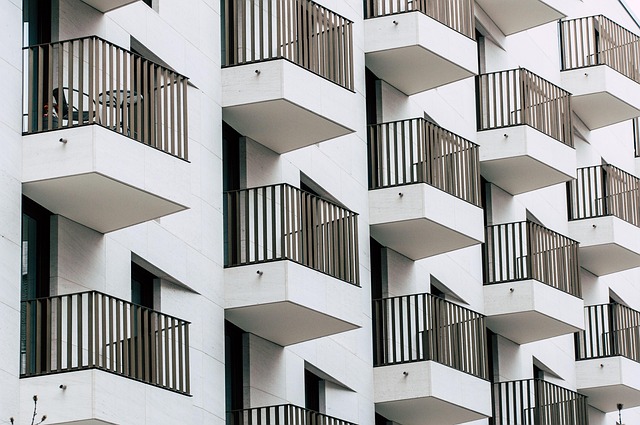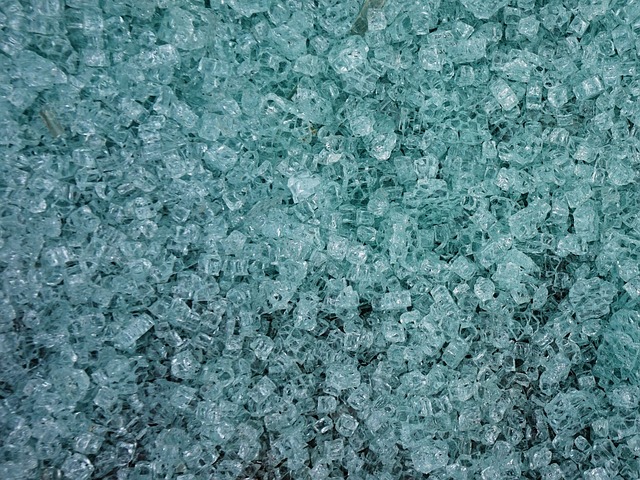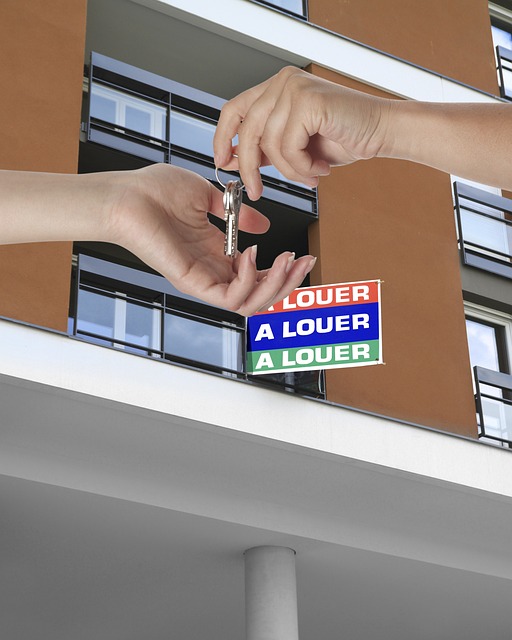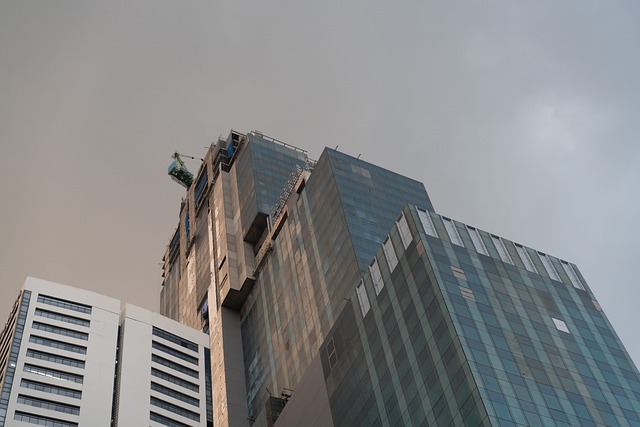In Oregon, both tenants and landlords have rights and responsibilities regarding mold problems in housing. Tenants should document suspected mold issues, including health symptoms, photos, and communication records, then file a formal complaint with their local health department like Multnomah County Health Department. Landlords are legally obligated to take reasonable steps to mitigate mold growth within a reasonable timeframe upon receiving such complaints, adhering to guidelines from the Oregon Health Authority to avoid legal repercussions and tenant dissatisfaction.
In Oregon, understanding housing laws regarding mold problems is crucial for both tenants and landlords. This guide delves into the state’s regulations, offering a comprehensive overview of tenant mold complaints. Learn about your rights as a tenant when facing mold issues and the legal responsibilities of landlords in addressing these concerns. Navigating these laws can ensure proper remediation and create a healthier living environment. Discover the steps to file a complaint effectively, empowering you to take action against mold-related hazards.
- Understanding Oregon's Housing Laws: A Tenant's Guide to Mold Complaints
- When and How to File a Mold Complaint as a Tenant
- Legal Responsibilities and Remediation Processes for Landlords in Oregon
Understanding Oregon's Housing Laws: A Tenant's Guide to Mold Complaints

In Oregon, understanding your rights and responsibilities regarding housing is crucial, especially when it comes to addressing mold problems as a tenant. The state has established guidelines to protect tenants from unsafe living conditions, including mold-related issues. When faced with mold complaints, both tenants and landlords have specific obligations.
Tenants who discover mold in their rental property should document the issue by taking photos, noting the extent of the problem, and keeping records of any communication with the landlord. They can then formally submit a complaint, ensuring that their request is addressed promptly. Oregon law mandates that landlords take reasonable steps to mitigate the risk of mold growth and ensure a safe living environment. Prompt action is expected when tenant mold complaints are received, as it is considered a health hazard.
When and How to File a Mold Complaint as a Tenant

As a tenant in Oregon, if you suspect mold issues within your rental property, it’s important to know your rights and how to take action. The first step is to document the problem. Keep detailed records of any health symptoms experienced by occupants, as well as photos or videos of visible mold growth. Collect information about when and where the mold was discovered, and gather evidence from your landlord if they are aware of the issue but have not addressed it promptly.
When ready, tenants can file a formal tenant mold complaint with their local health department. In Oregon, this process typically involves contacting the Multnomah County Health Department or the relevant local authority responsible for housing inspections. Provide them with your detailed records and evidence. The agency will then investigate, assess the severity of the mold problem, and take appropriate actions to ensure the safety of occupants and mandate necessary repairs from the landlord.
Legal Responsibilities and Remediation Processes for Landlords in Oregon

In Oregon, landlords have specific legal responsibilities regarding mold issues, especially in response to tenant mold complaints. Upon receiving a tenant’s report of mold, landlords are required to conduct an inspection and take immediate action. They must assess the scope of the problem, determine if it poses a health risk, and develop a plan for remediation within a reasonable timeframe.
The Oregon Health Authority sets guidelines for mold remediation, which landlords must follow to ensure safety and compliance. This includes proper containment, decontamination, and disposal procedures. Landlords are responsible for hiring qualified professionals who adhere to these standards. Failure to address mold issues adequately can lead to legal consequences and tenant dissatisfaction. Prompt and effective remediation is crucial to maintaining a safe living environment and mitigating potential liability related to tenant mold complaints.






